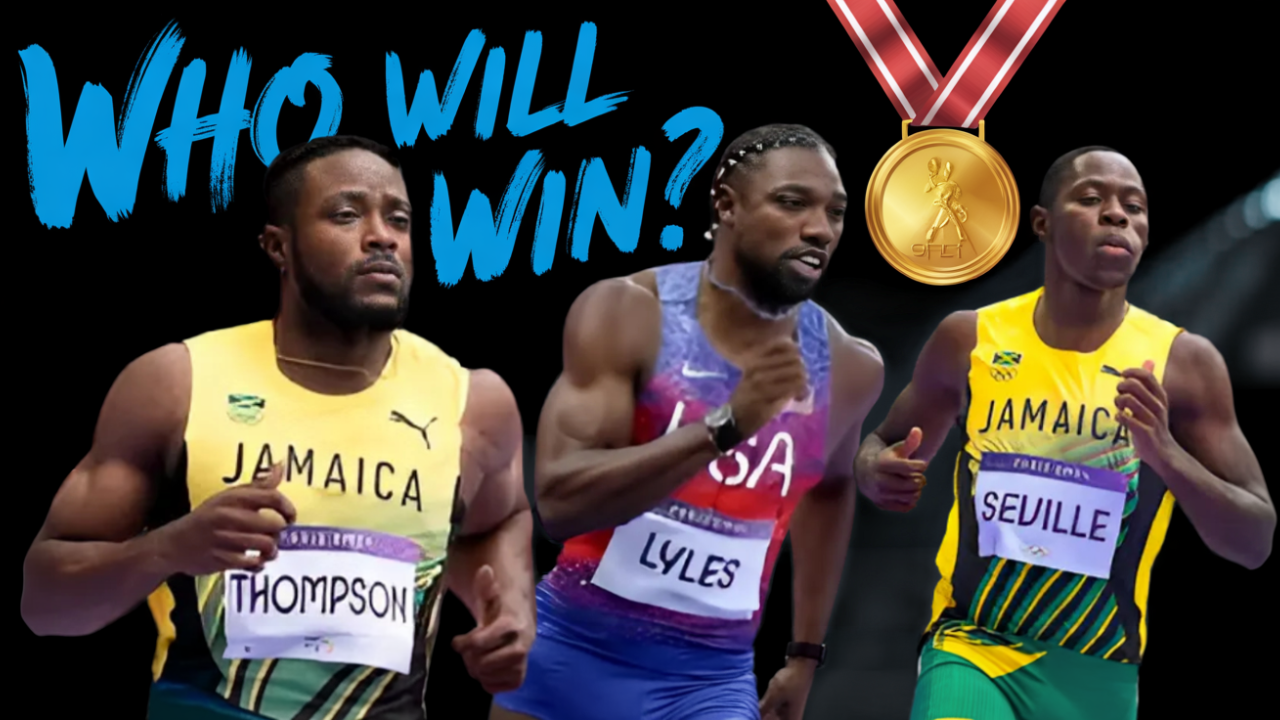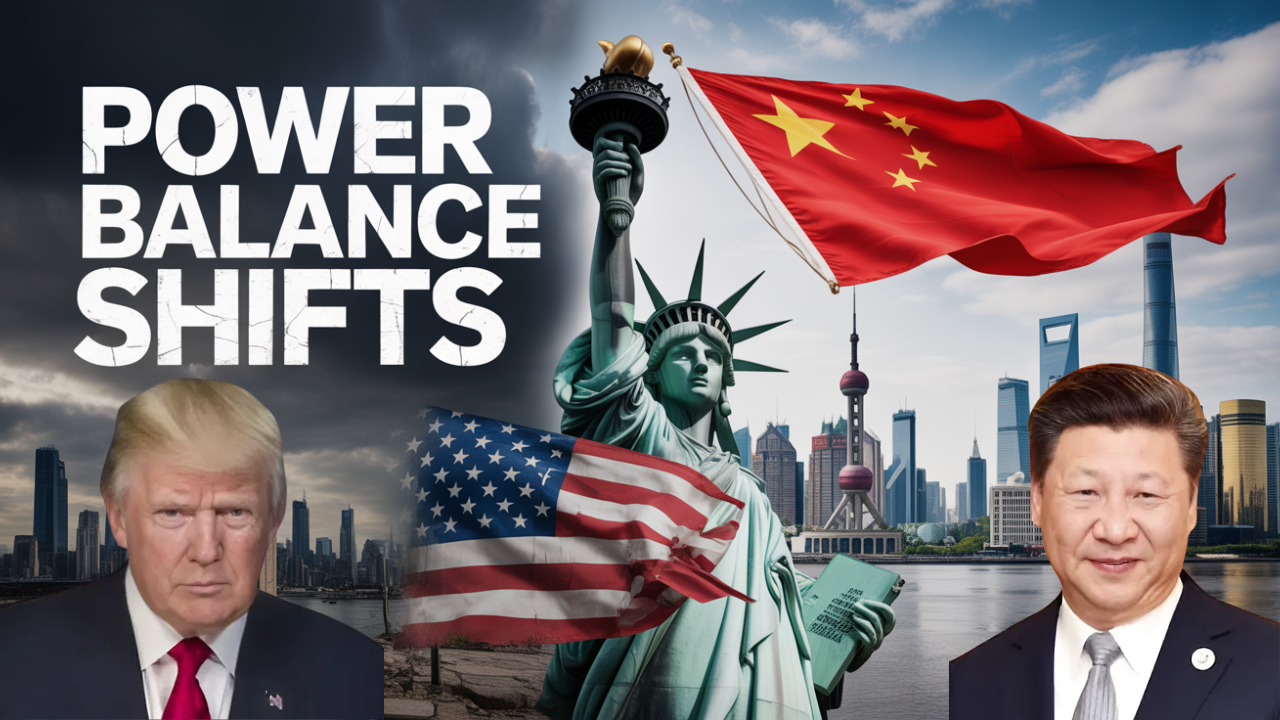Alexander Isak’s rumored standoff with Newcastle United shines a light on a truth many football fans avoid confronting: the uneven loyalty expected of players compared to clubs. When a player dreams bigger or asks for a move, the backlash is swift—he’s branded greedy or disloyal. But when clubs push players out, slash wages, or chase replacements, fans mostly accept it or even cheer it.
This Isak–Newcastle–Liverpool saga illustrates how unfair that dynamic really is.
Fan Loyalty or Blind Faith?
Fans see clubs as permanent entities—the badge, the stadium, the history—while players are temporary. So when a player leaves, it feels like a personal betrayal, as if his ambitions question the supporter’s own loyalty. But when clubs sell players, it’s “business as usual.”
Newcastle’s rejection of Liverpool’s bid for Isak, while pursuing Brentford’s Yoane Wissa—a player who directly competes with Isak—exposes this contradiction. If clubs can “upgrade,” why can’t players seek the same?
The Wissa Paradox
Newcastle is clearly preparing for life after Isak by targeting Wissa, yet denies Isak the chance to join Liverpool and play at Europe’s highest level. Even after speaking publicly about his ambitions, Isak is still walking a tightrope: risk criticism for honesty, or stagnation for silence.
Chelsea’s Cold Shoulder: When Clubs Burn Bridges
Chelsea offers a stark example of ruthless turnover. Raheem Sterling, once a household name at Manchester City, has struggled since his arrival—with dips in form and a disappointing loan spell at Arsenal. Chelsea has made Sterling train away from the first team and has informed him that he should find another club. Meanwhile, Ben Chilwell’s injury troubles have pushed him quietly out of the club’s future plans. Nicolas Jackson, barely two years into his Chelsea stint, now faces uncertainty as the club has acquired two new strikers and is planning his exit.
None of this is called disloyalty by fans; it’s seen as “football.” Imagine if those players spoke out first.
Manchester United’s Toxic Two
At Manchester United, Jadon Sancho and Antony provide a study in contrasts. Sancho’s fallout with Erik ten Hag was treated as entirely his fault, while Antony—despite off-field issues and inconsistent form—was protected longer. When clubs isolate players, it’s discipline; when players speak, it’s disrespect.
Media’s Role in the Double Standard
The media aren’t just reporting the narrative — they’re helping shape and sustain the double standard. Far too often, they echo the club’s perspective or fan outrage, framing players who “down tools” as selfish or disruptive, while portraying clubs' actions — even ruthless ones — as strategic or justified. Rarely do they challenge ownership decisions with the same intensity.
This alignment reinforces the idea that clubs are inherently right and players should be grateful — no matter the context. The coverage lacks neutrality, which only deepens fan hostility toward ambitious or outspoken players and normalizes disloyalty from clubs. Until the media starts holding both sides accountable, this imbalance will persist.
Conclusion: Respect Loyalty as a Two-Way Street
The Isak saga should prompt fans to rethink what loyalty means. Players have short careers—seeking ambition isn’t disloyal, it’s human. Clubs evolve; players must be allowed the same freedom. Loyalty only works if it’s mutual. Next time a player wants out, ask: Would the club show him the same loyalty in his place?







